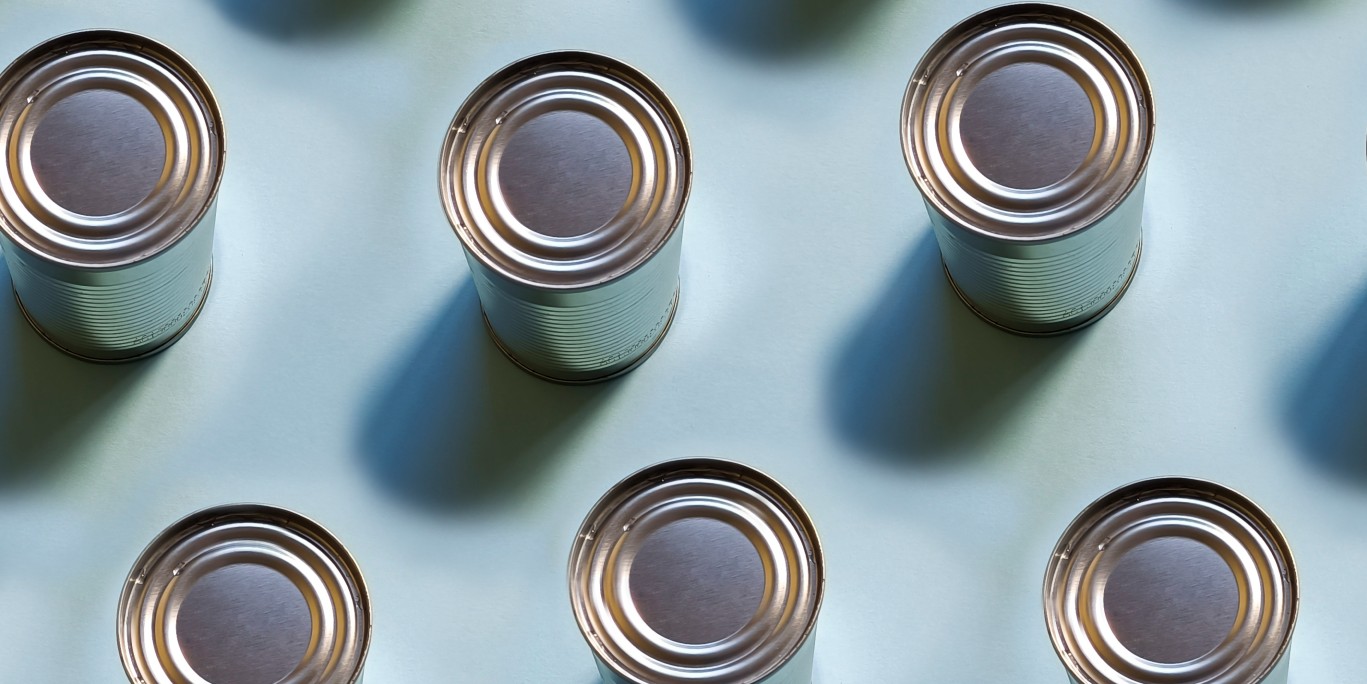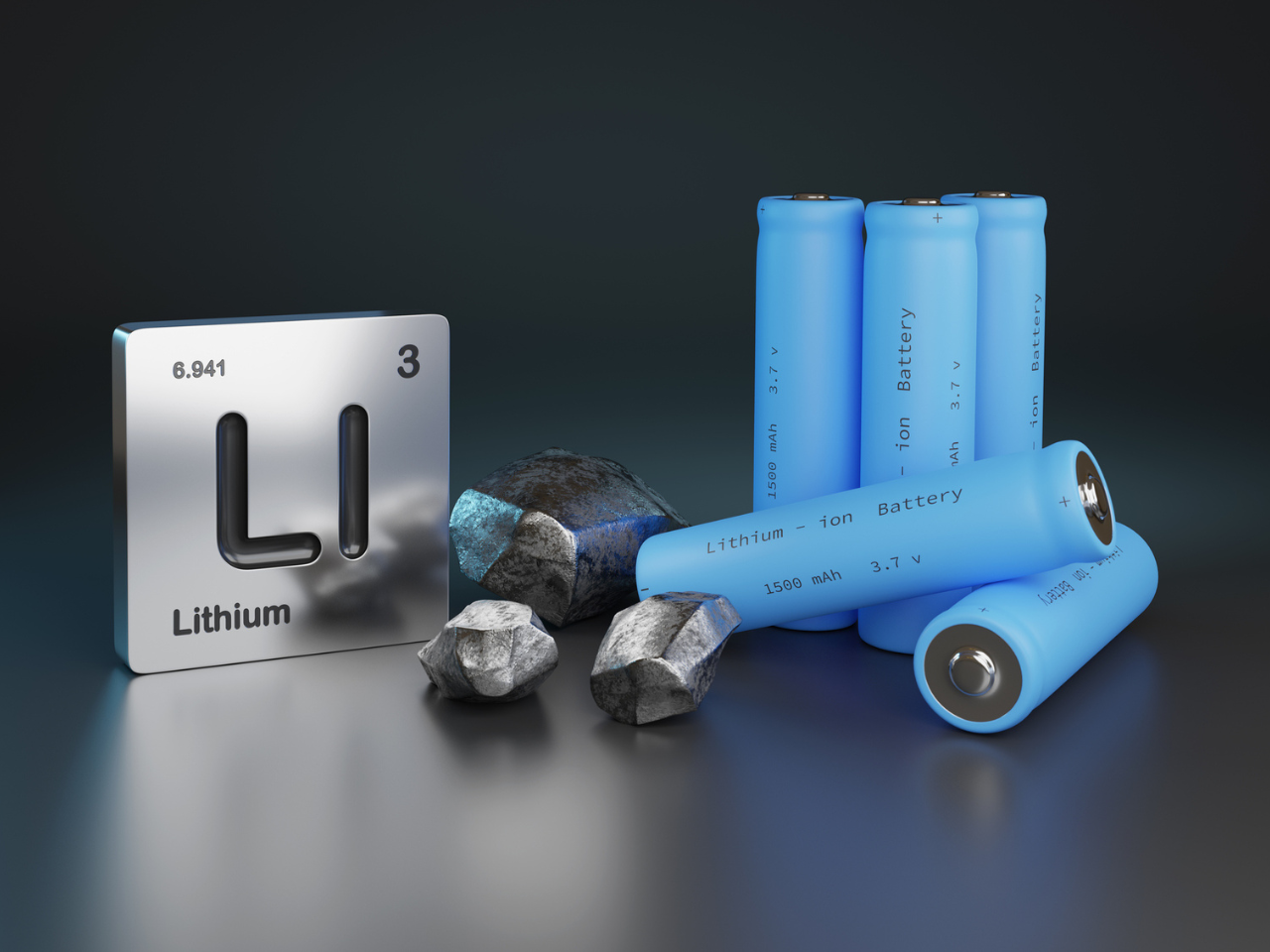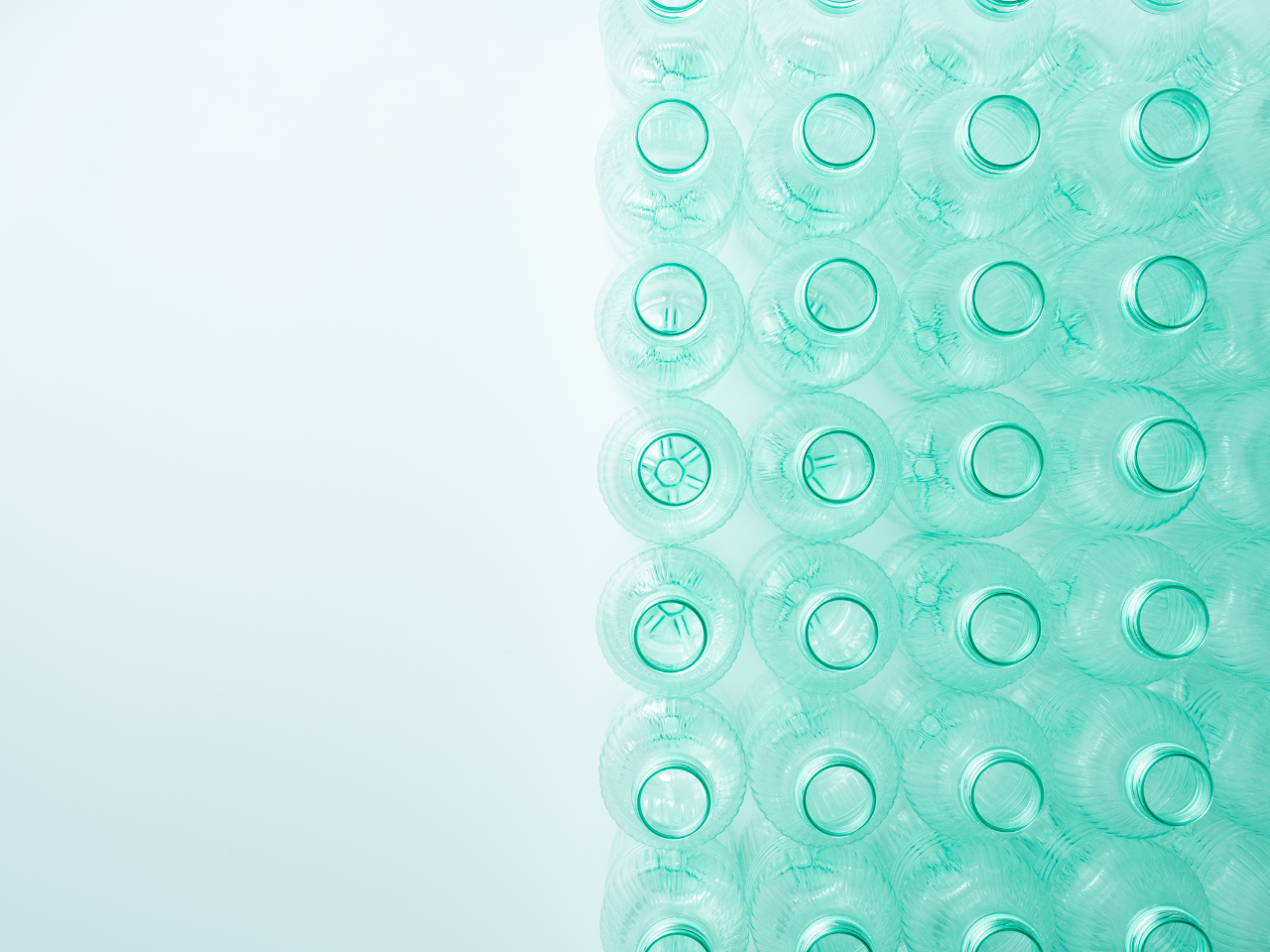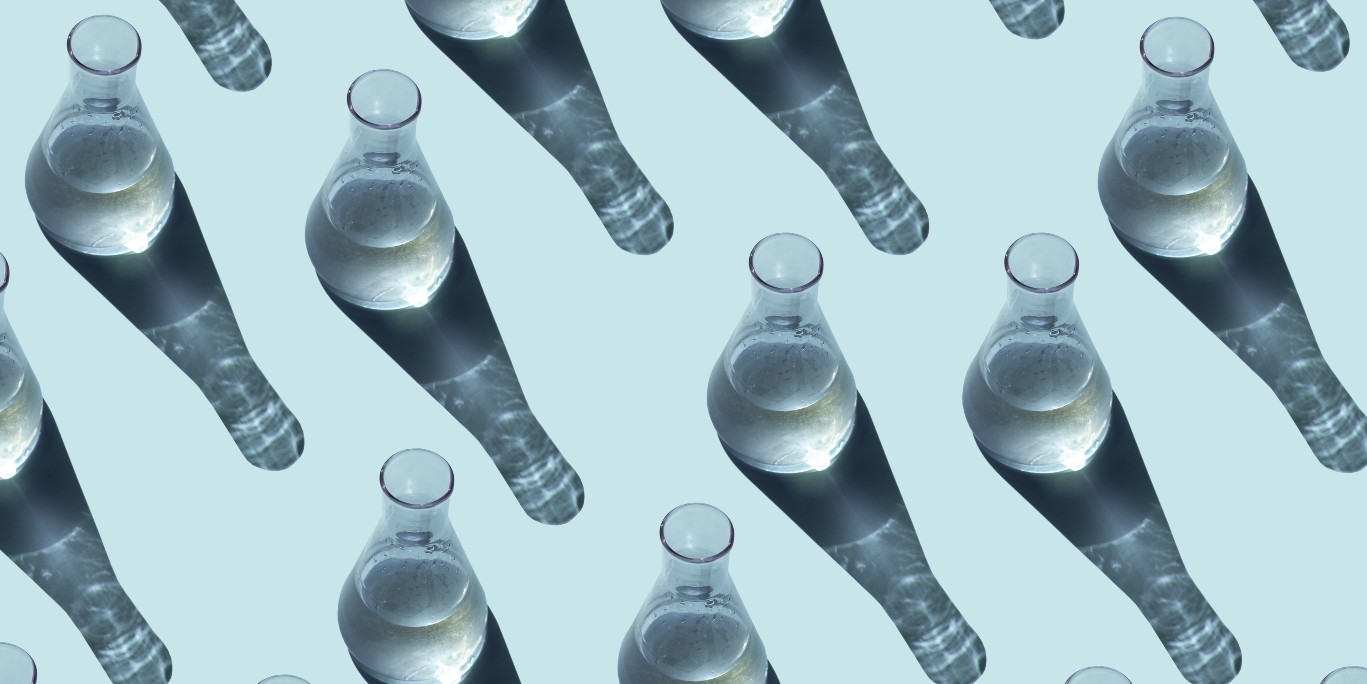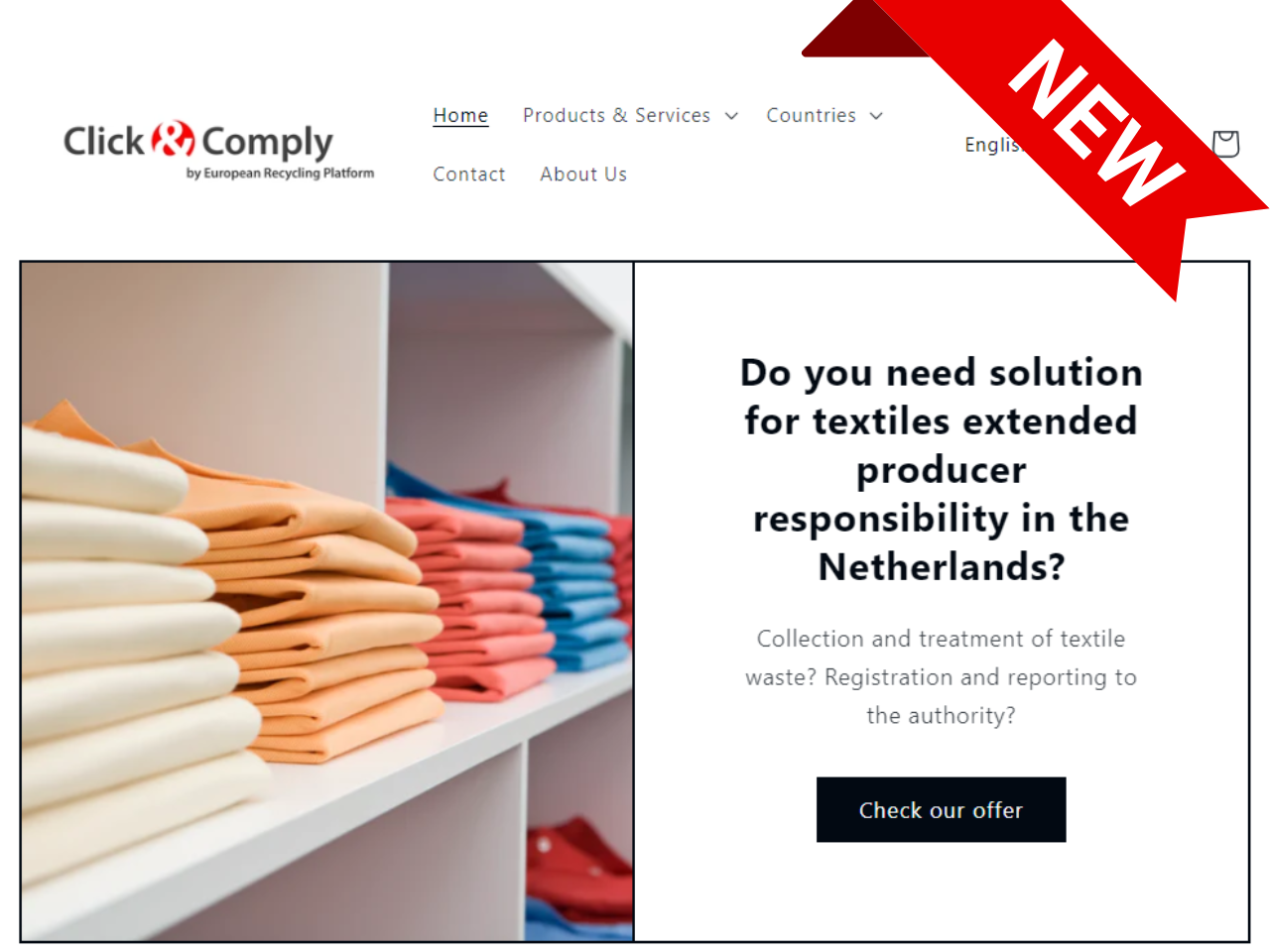What changes could have the biggest impact? Read our selection for June 2024:
What the EU elections could mean for the circular economy
Joint roadmap on circular economy by EU and China
What the EU elections could mean for the circular economy
The European Parliament elections take place from Thursday 6 June to Sunday 9 June in all Member States of the European Union. Most countries will vote on Sunday, but some, such as the Netherlands and Italy, open their polling stations earlier.
The next European Parliament will have a significant impact not only on legislation, but also on the composition of the next European Commission, which is responsible for initiatives such as the Green Deal.
In the run-up to the elections, all the major parties have published manifestos setting out their policy objectives. Below we summarise their priorities for the circular economy.
The European People’s Party (EPP), Socialists & Democrats (S&D) and Alliance of Liberals and Democrats for Europe (ALDE) advocate for a carbon-free circular economy that is based on further investments and innovation.
ALDE also highlight Europe’s dependency on raw material imports, which they plan to solve by incentivising investments in sustainable production via diversification, reuse and repair.
Furthermore, they advocate for a comprehensive carbon footprint transparency label on products.
The European Greens propose a fully circular and non-toxic economy by 2040 with clear and binding targets and transition pathways by 2030.
They also plan to build upon the Ecodesign Regulation to implement mandatory sustainability requirements for a range of products, and align consumer protection and climate change through measures such as wide-spread repair, second-hand internal markets or refurbishment.
Joint roadmap on circular economy by EU and China
In April, the EU and China agreed to further their cooperation on the circular economy via a memorandum of understanding which lays out a joint Circular Economy Roadmap.
Under the memorandum, the parties agree to the following:
- dialogue on design, planning and implementation of strategies, legislation, policies and research
- strategic exchanges on management systems and policy tools, such as eco-design, eco-labelling, extended producer responsibility and green supply chains
- strategic exchanges on best practices in key fields such as industrial parks, chemicals, plastics and waste, and
- exchanges on investment and financing of the circular economy
China and the EU will hold annual high-level dialogues with broad participation from both sides, and organise capacity building, training programmes, workshops and people-to-people exchanges.
The first workshop, “Transition to a Circular Economy – EU and China’s approaches and the role of the plastics sector” took place on 16 and 17 May, and included dedicated sessions promoting:
- open exchange on practice and design for a circular economy from a life-cycle perspective, and
- policy developments and measures on single-use, bio-based, biodegradable and compostable plastics.
Both sides agreed to intensify their exchanges ahead of the final meeting of the Intergovernmental Negotiating Committee in Busan, South Korea, in November 2024.
Sign up for our monthly
report COMPASS here:
Your email
